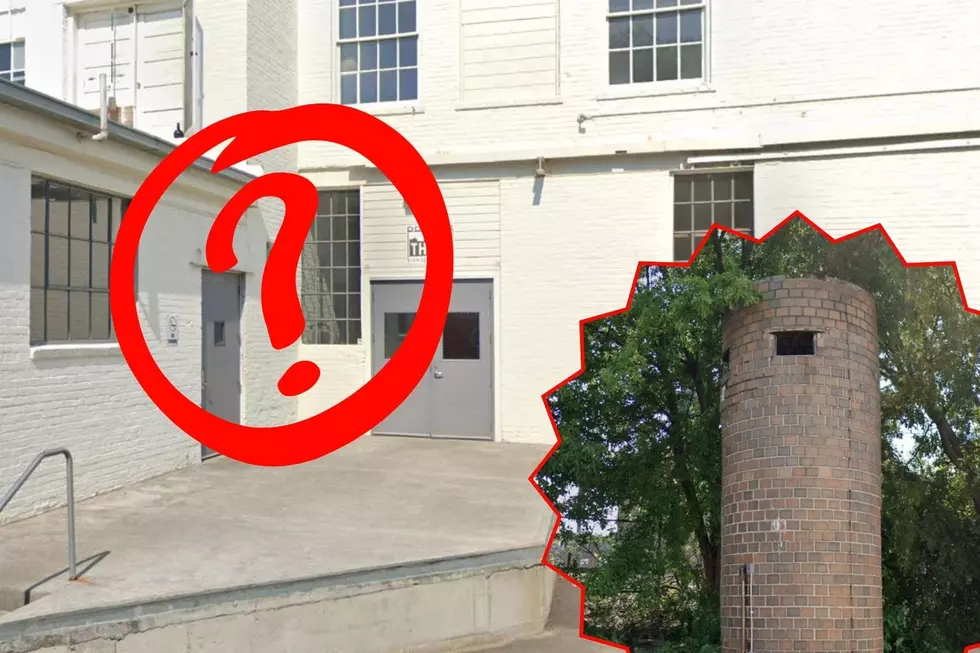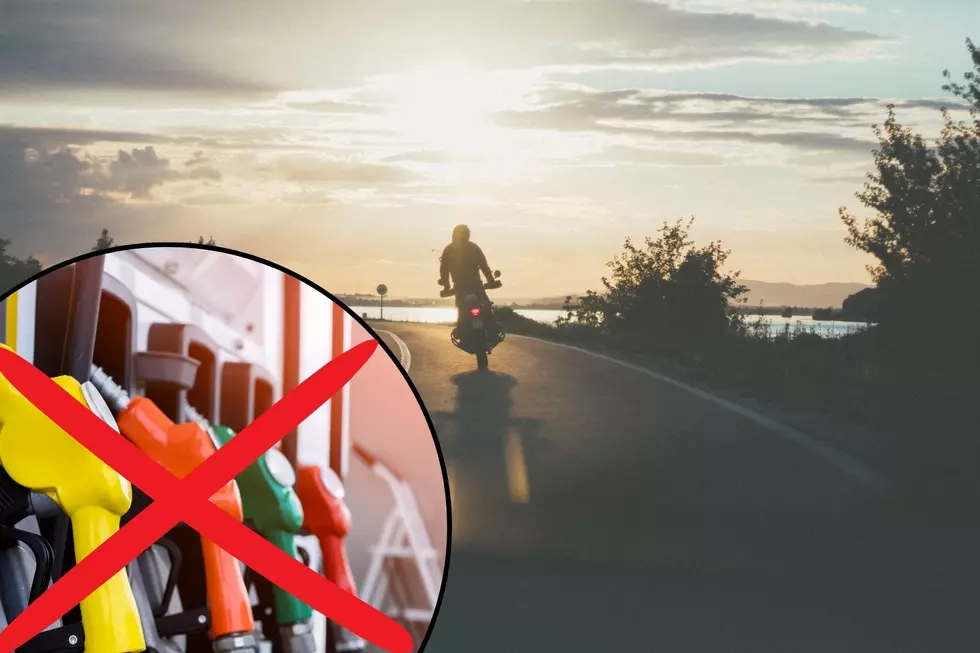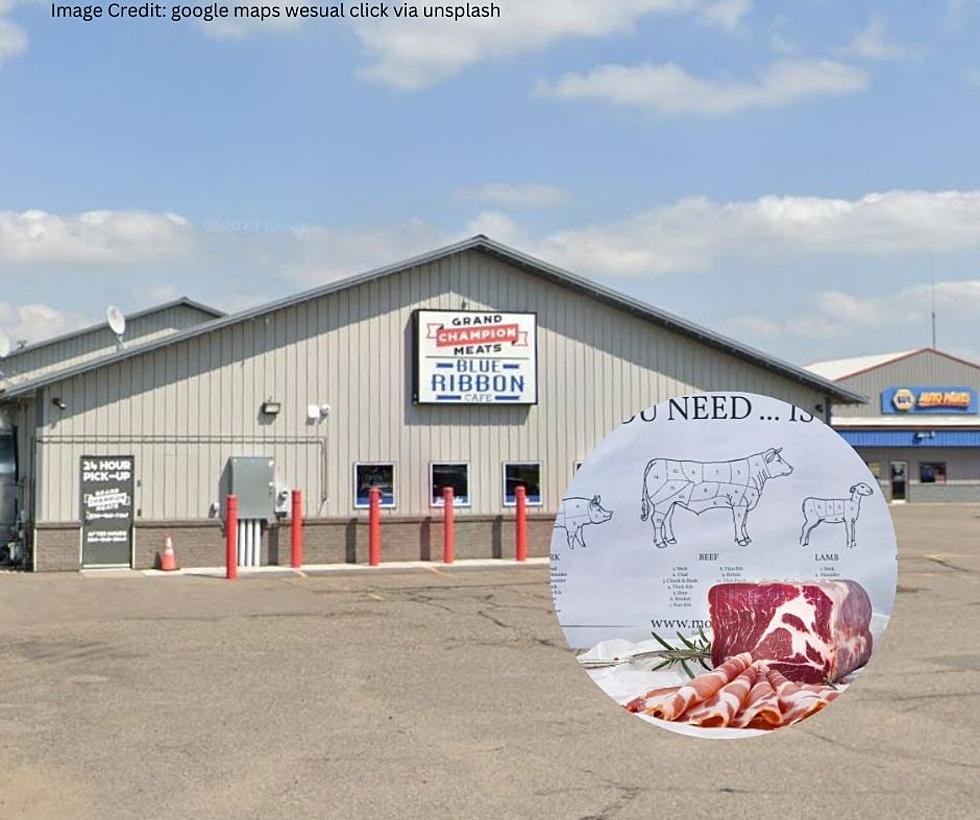Foley’s Wastewater Treatment Part of a Growing Statewide Issue
FOLEY -- Wastewater treatment doesn't usually earn headlines, but it's an issue that's cause for concern for tens of thousands of Minnesotans, albeit on a small-city scale.
Foley is currently looking at an aging, out-of-date wastewater treatment system that's at capacity. Right now, they're faced with coming up with a solution to the issue. Foley is using a pond-system, which filters wastewater through a series of ponds before returning it to the environment.
For a larger city, like St. Cloud, it's not as difficult repairing or replacing these systems.
However, Foley's Mayor Gerard Bettendorf says their town is between a rock and a hard place. Since they're not only at max capacity but they also don't have the tax base to upgrade or expand it.
"We're talking about millions of dollars, and we've got a small, farming community here and not a lot of money to work with."
Right now, Foley is in a process called antidegradation. Steven Weiss is with the Minnesota Pollution Control Agency. He says that process, even with the fancy name is boiled down to making sure Foley's treatment solution has the lowest environmental impact.
"To find a way for them to make that expansion [to their wastewater treatment capacity] but have the least environmental impact on downstream waters."
The process is also there to ensure Foley gets the most cost-effective treatment option possible.
The MPCA works with small towns like Foley to help them pay for these upgrades. Weiss says the state offers a grant system. These grants have actually gone up, from $3-million in the past to $7-million now.
"We recognize that infrastructure is expensive, but we want to be apart of providing a solution there."
There are also low-interest loans the city can apply for and other smaller grants.
However, the grants and loans aren't guarantees. Foley's wastewater treatment issue would be best solved by expanding as a town. Something Bettendorf says they can't do in their current situation.
"We have some areas on the north side for new housing, and would like to get some new businesses into our industrial park. But we can't do that until we get direction from the state on what they want us to do [with our treatment plans]."
They won't know the total cost of a new treatment plan until at least the end of the antidegradation process.
Cities around Foley's size have had to raise water & sewer rates, and taxes. Which Bettendorf says they'd like to avoid if at all possible. Other towns have formed regional treatment plans, however, that requires planning and coordination between several cities.
Right now, there are four options for Foley. Those options are, expanding the existing pond system, building a new mechanical plant, sending their wastewater to a larger city for treatment or a combination of the three.
More From AM 1240 WJON








